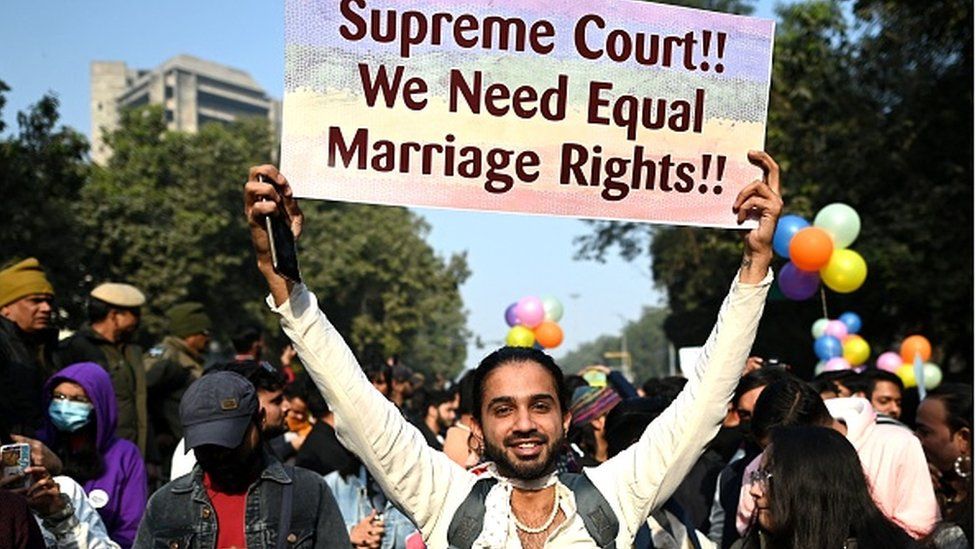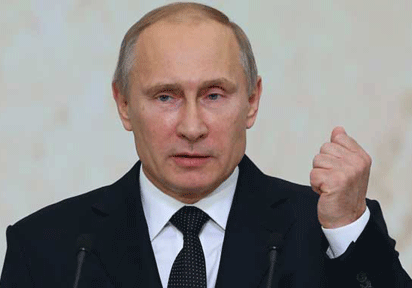In a landmark ruling, India’s Supreme Court has declined to legalize same-sex marriage. This decision has been keenly watched by millions of LGBTQ+ people in India who were hoping for marriage equality.
The Ruling
The court stated that it cannot legalize same-sex marriages, emphasizing that making such a law is the domain of Parliament. The five-judge bench unanimously agreed that marriage isn’t a fundamental right. This ruling has dashed the hopes of millions of LGBTQ+ people seeking marriage equality.
The Government’s Stance
The government had strongly opposed the petitions for legalizing same-sex marriage. It insisted that only parliament could discuss the socio-legal issue of marriage and argued that allowing same-sex marriage would lead to “chaos” in society. The government’s stance was that such marriages are not “comparable with the Indian family unit concept of a husband, a wife and children”.
The Court’s Proposal
Despite declining to legalize same-sex unions, the court accepted the government’s offer to set up a panel to consider granting more legal rights and benefits to same-sex couples. This proposal was put forth by Solicitor General Tushar Mehta on behalf of the government.
The Reaction
Activists and same-sex couples expressed disappointment with the judgment; however, they remained resolute in their commitment to continue their campaign for equal rights. They argued that not being able to marry violated their constitutional rights and made them “second-class citizens”.
The Way Forward
Despite being a setback for the LGBTQ+ community in India, this ruling does not signify the end of the fight for equal rights. Moreover, the court’s decision to establish a panel to explore the possibility of extending additional legal rights and benefits to same-sex couples clearly suggests that there is still ample room for progress and advancement in this important cause. The LGBTQ+ community in India will continue to advocate for their rights and push for legal recognition of same-sex marriages.




